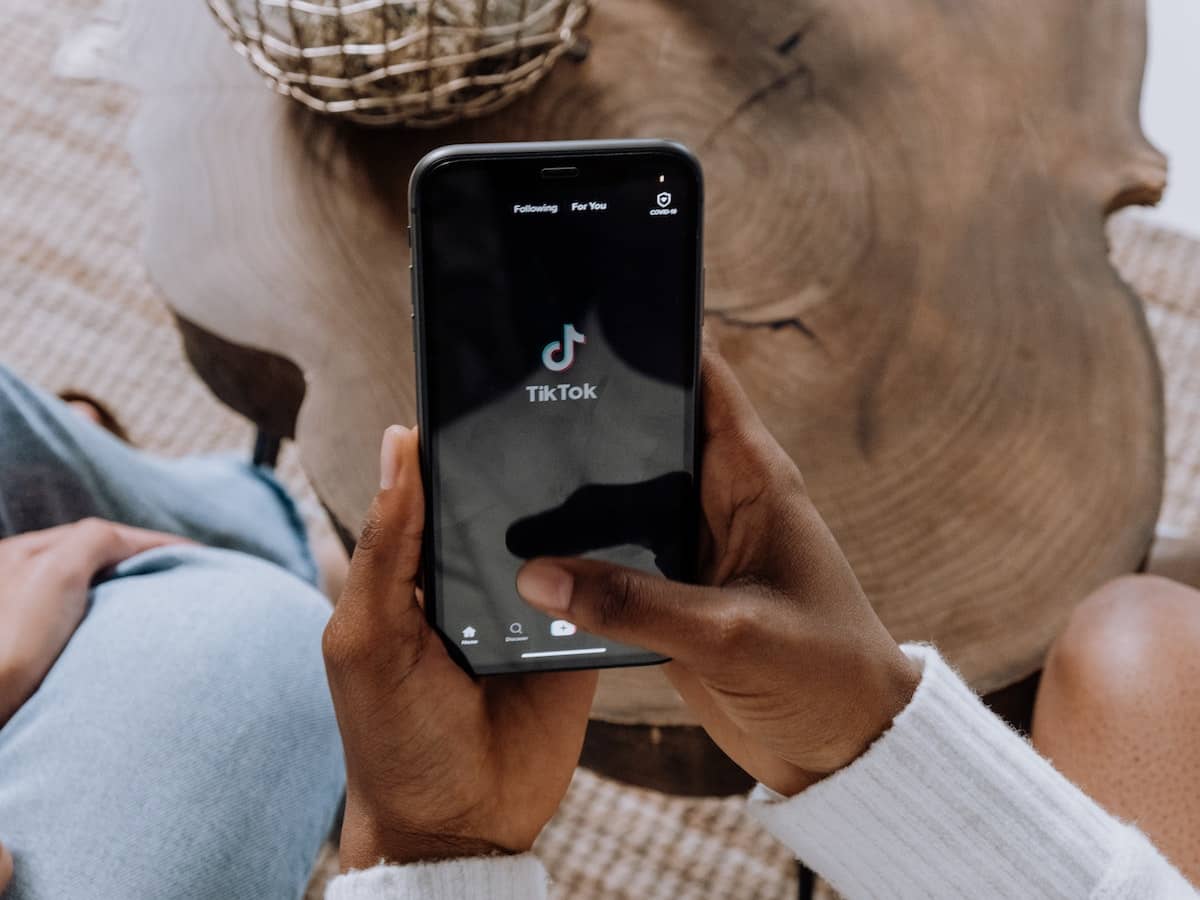Friday marks the beginning of the seventh annual "National Donor Sabbath," a weekend when health officials seek to spread the word that mainstream religions approve of organ donation as an act of charity. Several Christian, Jewish and Muslim clergy members have offered their support to the program, which was launched by the U.S. Department of Health and Human Services. But religious leaders also don't fault those who refuse to donate relatives' organs. "This is really a personal choice," Varga said.
Last year, the 24,119 organ transplants in the U.S. involved 17,598 organs from 6,081 cadavers, and 6,521 organs from living donors, according to the United Network for Organ Sharing.
A study of earlier data showed organs were taken from about 42 percent of brain-dead potential donors, which can provide kidneys, liver, heart, lungs, intestines and pancreas, plus various tissues. Consent was given in 54 percent of cases, but some were unsuitable.
About 80,000 people are on the national waiting list for donated organs, and 6,124 died last year waiting for organs, according to UNOS, a nonprofit group that maintains the list under contract to the Department of Health and Human Services.
When a patient is declared brain dead, Varga said, relatives approached about organ donations sometimes have faith-based questions. "Sometimes they just don't understand. Is this acceptable? Is this God-pleasing for them to do?" Varga said. "The way I respond is it's giving life to someone who may not have it, and helping them in their grief that this is a way for their loved one to continue on in the lives of others." But it should be discussed before that, Varga said, to know the wishes of the patient.
Clergy members acknowledge that organ donation can raise complex theological issues. "There's a Quran verse that says to save a life is to save the world," said Salahuddin Muhammad, imam at the Masjid al-Jihad Al Akbar mosque in Newburgh. But another verse says that to break the bones of the dead is to break the bones of the living. "In my thinking what would supersede that is the preservation of life," Muhammad said.
A similar conflict arises in Judaism. "In the Jewish perception, organ donation runs the risk of violating the precept of how you should die is how you should be buried," said Rabbi Matthew Cutler of Temple Gates of Heaven in Schenectady. "But on the flip side, you run into the concept of Pekuach Nefesh, which means saving the soul. If you can do something to save a life, then you can do it."
The Rev. David LeFort, adviser on ethical issues to Bishop Howard Hubbard of the Roman Catholic Diocese of Albany, said, "If someone decides to make such an offering upon their death ... if it's based on charity ... that's a wonderful gift." "If they decide not to," he added, "there's no condemnation."

